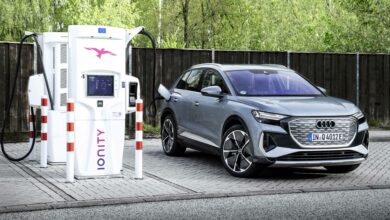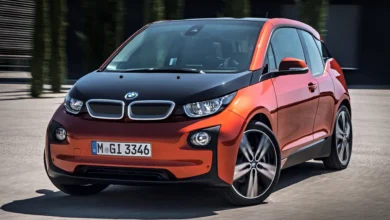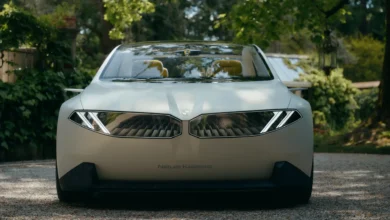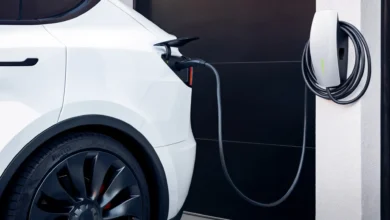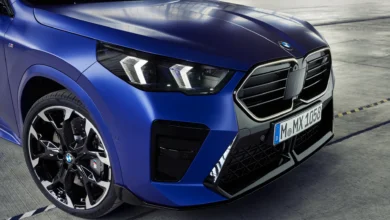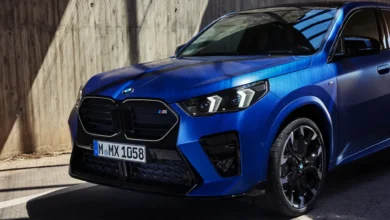
In the year 2025, BMW will launch its first dedicated platform for electric cars: the Neue Klasse. Compared to the current FAAR and CLAR multi-energy architectures, the Neue Klasse will be characterized both by its greater flexibility and by a design that is better adapted to electric propulsion trains, something that will result in the proportions and habitability of the vehicles.
The first models to be based on it will be the next Series 3 (i3) and X3 (iX3), although thanks to recent leaks it has been known that later it will also reach the next generations of Series 1 (i1), Series 2 (i2), X5 (iX5), Series 7 (i7)… Given the enormous variety of segments that it will cover, the platform will accept front, rear and all-wheel drive configurations.
BMW also plans to develop “M” high-performance vehicles on this advanced architecture; that is, conceived by its Motorsport division. Rumors suggest that one of them could be a supercar or even a hypercar called to become the heir to the legendary M1, sold from 1978 to 1981.
Frank Weber, head of engineering and research and development at BMW, has confirmed that the Neue Klasse platform will not only support configurations of one (Single Motor) or two propellers (Dual Motor) but will even allow the installation of up to four units (Quad). Engine) capable of delivering 1,360 hp (1,000 kW) of power.

The Neue Klasse platform will be launched in 2025
“The most demanding vehicle we have is a high-performance M product. What you can expect from this Neue Klasse architecture is not only flexibility at the battery level. It can also have a super-efficient single-motor architecture, a dual-motor architecture, and it can even offer a quad-motor architecture at up to one megawatt .”
The Neue Klasse platform will also be in charge of launching new cylindrical batteries developed by BMW itself and manufactured by CATL and EVE Energy. These sixth-generation NCM (nickel, cobalt, manganese) cells will have a cathode with a higher percentage of nickel and less cobalt, as well as a silicon-rich anode.
BMW estimates that these batteries will mean an improvement of 20% in energy density, 30% in autonomy, and 30% in charging times, something that will also help the 800-volt electrical system that will integrate the Neue Klasse platform. According to the Bavarian firm, its future electric models will offer up to 1,000 km of autonomy.
